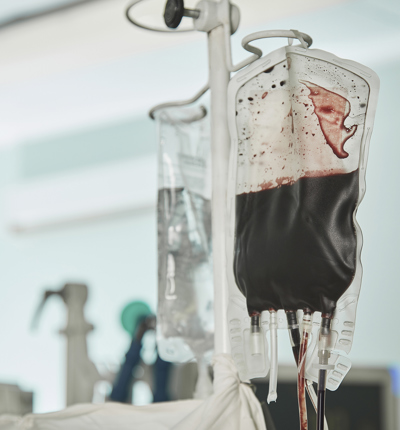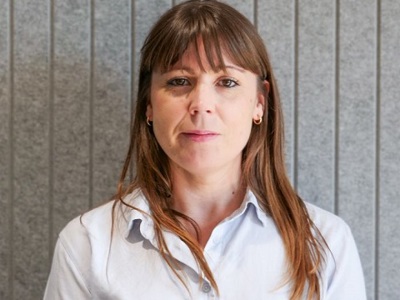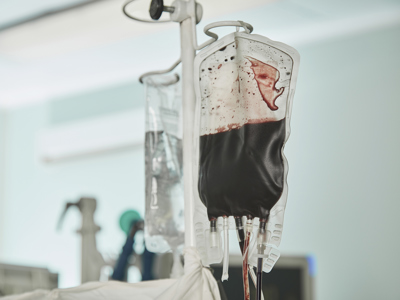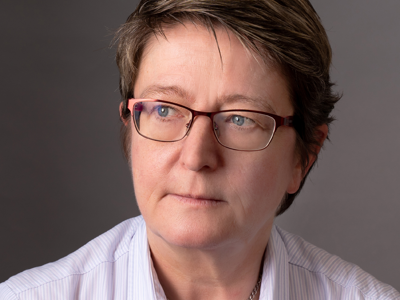
Infected blood victims’ lawyers welcome framework for compensation announced in second interim report
Infected Blood Inquiry core participants’ lawyers have welcomed the framework for compensation to victims of the infected blood scandal announced in the inquiry’s Second Interim Report published today.
Lawyers at human rights law firm Leigh Day say the recommendations made by Inquiry Chairman Sir Brian Langstaff are in line with those they and their clients hoped for.
Leigh Day human rights lawyers represent 300 victims of the infected blood scandal who have core participant status at the Infected Blood Inquiry and also represents 156 clients in a civil claim for damages.
In October 2022, following Sir Brian Langstaff’s first interim report, the Government made a lump sum interim payment of £100,000 to thousands of victims of the infected blood scandal.
The second interim report provides detailed recommendations for a full compensation scheme, noting the acceptance in the evidence of several government witnesses at Inquiry hearings that compensation should be paid and that there was a moral case to do so.
The report of the second stage of the inquiry says:
- The compensation scheme should be set up now and it should begin work this year. The structure of the scheme should be up and running by the time of Sir Brian’s final report which is due in the autumn
- Those with chronic Hepatitis B Virus, which has persisted for more than six months should be included
- There should be no hard and fast rule about a cut-off date when considering applications from those infected with Hepatitis C Virus. The date of the transfusion should be taken into account, but should not be the determining factor
- An interim payment of £100,000 should be made to the families of deceased individuals where there is no bereaved partner, this will be divided between the parents or children or siblings of the Deceased person
- A person should be eligible to apply to the scheme if the information available points towards eligibility and the opposite cannot be shown to be more likely
- There should be parity in specialist psychological support across the four nations. The evidence is clear that a bespoke scheme similar to that operated by the NHS in Northern Ireland, Wales and Scotland is desirable and needed in England
Awards
Both infected and affected individuals should be entitled to:
- An injury impact award for past and future physical and mental injury, emotional distress and injury to feelings caused by the infection and treatments for it
- A social impact award for past and future social consequences of the infection including stigma and social isolation, loss of educational opportunities and loss of congenial employment
- An autonomy award as an additional redress for the distress and suffering caused by the impact of the disease including interference with family and private life
- A care award for the future care needs of the eligible infected person and to compensate past losses in respect of care necessitated by their infection
- A financial loss award for past and future financial losses suffered as a result of the infection
To save time, the award should be calculated by following a banded approach rather than by individual assessment of each application. The exception will be the financial loss award which will be given on an assessed basis. It will be for the scheme to decide on appropriate band.
Support payments made to date should not be deducted from the compensation award, however future support payments should be taken into account in respect of future loss calculations.
Applications should be able to choose whether they apply for a final award or a provisional award, to be reassessed if their condition deteriorates.
Awards for past losses will be lump sums, but periodical payments to compensate for future losses should be available.
Annual support payments under the current schemes should be guaranteed for life
Administration of the scheme:
- The scheme should be administered by an Arm’s length Body, completely independent of government
- It should be made up of a Chair with a board which should include infected and affected individuals.
- There should be two panels to advise the chair: one made up of lawyers and the other made up of medical experts
- There should be a legal advice scheme to support applicants if they want it. A panel of firms should be recognised as firms which an applicant may wish to use, and their fees to be paid at public service rates
- Advice on obtaining finance or insurance services and benefits advice should be made available through the scheme at no charge to the applicant
The Infected Blood Inquiry was set up to examine how thousands of patients in the UK were infected with viruses, including HIV, hepatitis C and hepatitis B through contaminated blood and blood products in the 1970s, 1980s and 1990s. It is estimated that 2,400 people have since died as a result of the infections.
Leigh Day partner Emma Jones and solicitor Beatrice Morgan made submissions on behalf of their clients at the Infected Blood Inquiry and welcomed Sir Brian’s first interim report.
Following the publication of today’s report, Emma Jones said:
“We are delighted that Sir Brian has recommended many of the suggestions made in our written and oral submissions. I hope that this means there is light at the end of a very long and dark tunnel for those who are infected and affected.”
Beatrice Morgan, assistant solicitor to Emma Jones, said:
“We urge the Government to accept Sir Brian’s recommendations in full and to act swiftly to ensure that the scheme is set up this year. Too many have died whilst waiting for justice and answers, financial compensation must not be delayed any longer.”
Leigh Day head of human rights, partner Gene Matthews, who represents clients in a civil claim for damages, said:
“Our provisional review of the Inquiry’s second interim report suggests this is a positive step forward for those impacted by this shameful tragedy, and whilst we continue to review the finer detail of the Inquiry’s second interim report, and the impact this has on our clients, we urge the Government to take swift action to confirm a suitably robust compensation scheme for those infected and affected.”

Gene Matthews
Gene specialises in consumer law, product liability and data protection claims mainly brought as group claims/ multi-party actions

Beatrice Morgan
Beatrice Morgan is a senior associate solicitor in the human rights department.

Solicitors representing hundreds of contaminated blood victims welcome recommendation of interim payments
Solicitors acting for over 350 core participants of the Infected Blood Inquiry have welcomed the interim report from Sir Brian Langstaff that recommends to the government that interim payments should be made “without delay”.


